View all filters
Clear
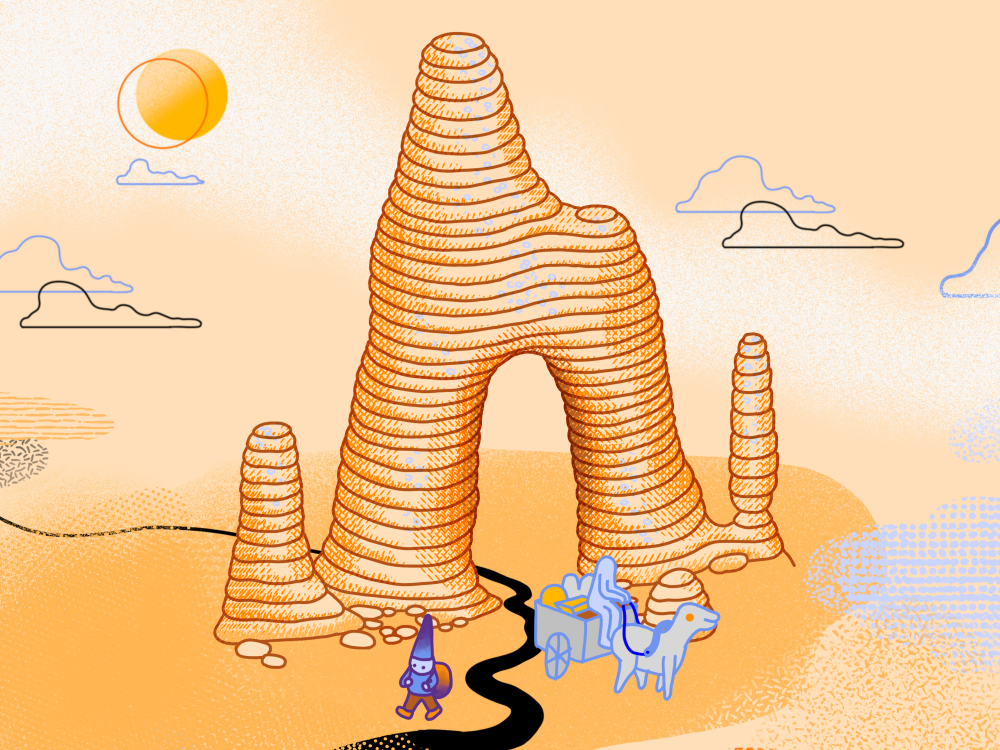
Should I Stay or Should I Go
Take a journey through the tension between staying and leaving, journeys of personal growth and travelogues
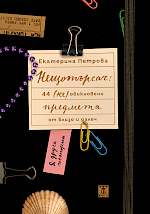
Encuentracosas: 44 objetos (in)usuales de cerca y lejos
Como sugiere su subtítulo, el libro Encuentracosas contiene historias sobre 44 objetos de cerca y lejos. La curiosa y variada selección, ordenada temáticamente, incluye sorprendentes hallazgos de todo el mundo: Botas de Bután, losetas de Barcelona diseñadas por Gaudí, copas de vino del País Vasco, un broche en forma de corazón de Sarajevo, alpargatas de los Pirineos, escarabajos del antiguo Egipto, un cubo de basura de Nueva York, un trozo de tela naranja de los muelles flotantes del lago Iseo, una campana de dragón eslovena, un mapa de Berlín del Este y mucho más. Al narrar las historias de estos objetos concretos, Ekaterina Petrova cuenta en realidad las historias de los lugares de los que proceden —Kustendorf y Katmandú, Liubliana y Luisiana, Belvedere y Bilbao, Selcuk y Central Park—, situándolos al mismo tiempo en un contexto lingüístico, cultural, histórico, antropológico o geográfico más amplio. Los textos, una ingeniosa mezcla entre cuaderno de viaje, ensayo y relato corto, están cuidadosamente elaborados y repletos de curiosidades, pero refractados a través de la perspectiva subjetiva de la autora, así como de su biografía personal como viajera, traductora y encuentracosas. La maquetación del libro, realizada con el ojo estético de Lyuba Haleva, una de las ilustradoras búlgaras contemporáneas más destacadas, capta de forma espléndida y humorística el espíritu y el carácter de los relatos. De esta forma, el propio libro se convierte en un objeto bello, placentero y alegre, para leer y releer; un libro que poseer y regalar.

Meine Mutter hat Blumen gezüchtet (I presupposti non contano)
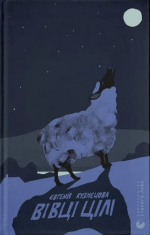
Ovce so cele

Iarna
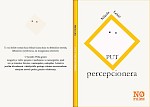
Flori de lotus care se închid (când intri în ele) (Drumul celui care percepe)

Meine Mutter hat Blumen gezüchtet
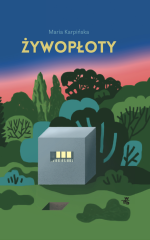
Живоплоти

Kwiaty lotosu, które się zamykają (gdy się do nich wejdzie)
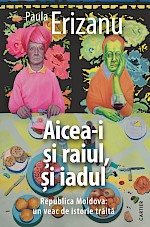
Uy, nenas (It’s Both Heaven and Hell Here. Moldova: a Century of Lived History)

Лотос — квітка, яка закривається (коли потрапляєш всередину) (Шлях перцепціонера)
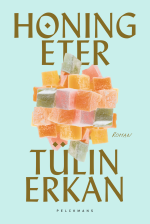
ARRIVALS / GELIȘ (Mangiamiele)
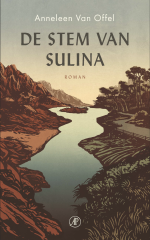
Гласът на Сулина

Flores de loto que se cierran (cuando en ellas se entra) (Put percepcionera )

Een Oekraïens kerstverhaal
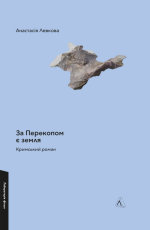
Bilo je nekoč na Krimu

Имало едно време Крим
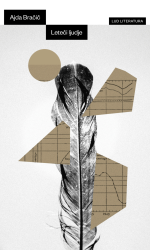
No hay nadie que se te parezca (Gente voladora)

Dingenzoeker: 44 (on)gewone objecten van dichtbij en veraf
Verhalen over verrassende vondsten uit de hele wereld: laarzen uit Bhutan, stoeptegels uit Barcelona naar ontwerp van Gaudí, wijnglazen uit Baskenland, een broche uit Sarajevo, espadrilles uit de Pyreneeën, scarabeeën uit het oude Egypte, een doos met afval uit New York, een kaart van Oost-Berlijn, en nog veel meer. Ekaterina Petrova vertelt over de plaatsen waar ze vandaan komen en geeft ze een bredere culturele, historische en antropologische context. Haar persoonlijke ervaringen als reiziger, vertaler en non-fictieschrijver klinken er steevast in door. De vormgeving, door een van Bulgarijes opmerkelijkste hedendaagse illustratoren, geeft op prachtige en humoristische wijze de sfeer van de teksten weer. Een boek om te lezen en te herlezen, om te hebben en om weg te geven.

Sulinin glas
